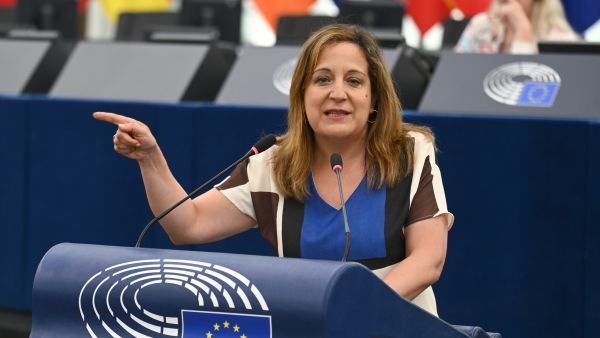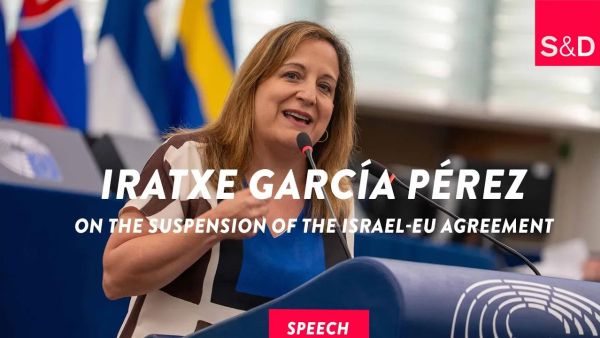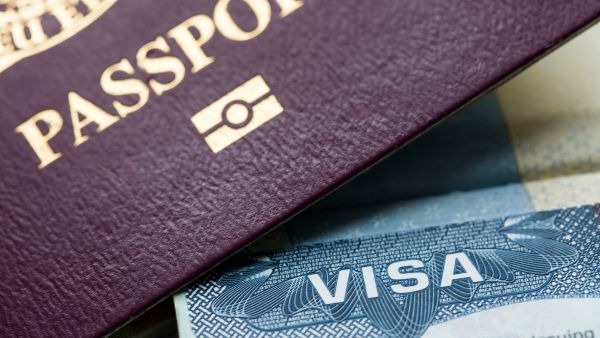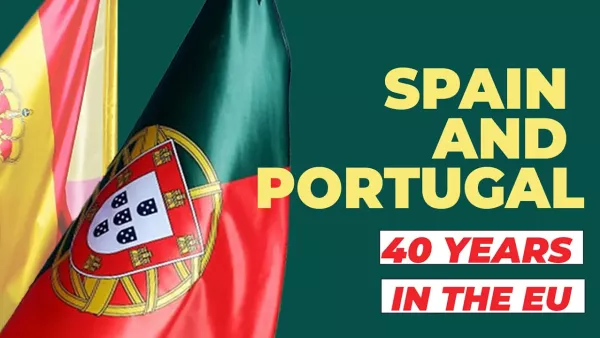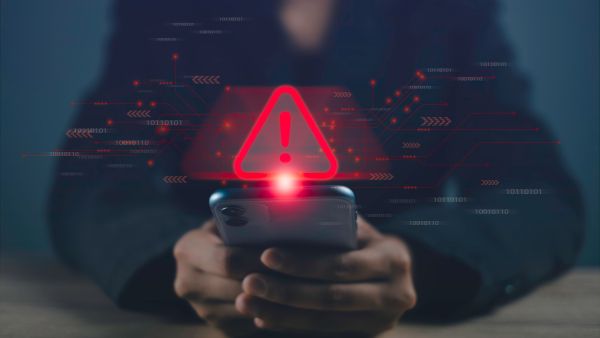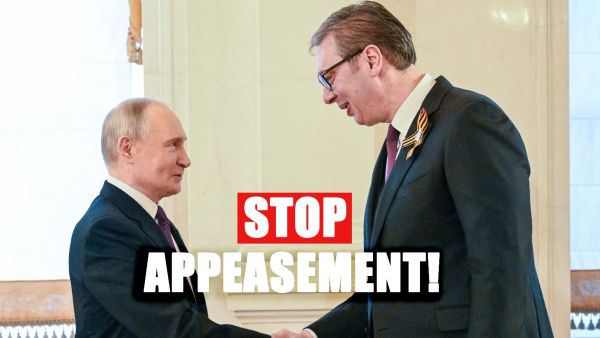After lengthy and difficult negotiations, the European Parliament, the Council and the Commission have reached a political agreement on regulation to exclude conflict minerals from the EU market.
Without realising it, European citizens are now "unaware accomplices" of companies profiting through the extraction of minerals in conflict zones where weakened populations are being exploited and money is used to fuel violence. Those minerals are used for electronic devices that we use every day, such as mobile phones, tablets, TVs and laptops.
The S&D negotiators have been crucial in brokering an ambitious agreement to introduce a mandatory system for importers of minerals and metals containing the so-called 3TG (tin, tantalum, tungsten and gold).
S&D president Gianni Pittella said:
"Europe has won a battle for justice thanks to the stubbornness, commitment and strength of the S&D Group's values. However, this is not the final victory. We struck a harsh blow to the militias that; in many regions of the world, especially in Eastern Congo RDC; massacre, abuse and rape women and children in order to exploit the mining of the so called 'conflict minerals': tin, tungsten, tantalum and gold. The current "Wild West" situation is coming to an end. European citizens must be now aware that their tablet, GSM or PC are likely made of minerals stained in innocent blood.
"We have been to Congo RDC. One year ago, we saw with our own eyes the brutal exploitation of children and violence against women. Since then we have fought our ethical battle in the European Parliament and then in the negotiations with the EU Council. The conflict minerals problem is not and it cannot be considered just as trade issue.
"It won't come as a surprise if next week, following our request, the European Parliament will vote on a resolution on the violence in the Eastern region of Congo and in particularly around the village of Beni. Conflict minerals are one of the root causes of this violence, which we hope to eradicate. Thanks to our commitment, we proved that the European Union cares about human rights and human dignity beyond empty declarations and financial interests."
S&D spokesperson on conflict minerals, Marie Arena MEP, said:
"At the beginning of the negotiation the Commission and the Council completely rejected the idea of any mandatory compliance. Only upon the pressure of the Parliament, led by S&D, did we make a breakthrough and now companies will be obliged to analyse the potential risk in the origin of the minerals they trade with.
"This is a very important first step towards the accountability of European companies and that of the entire production chain. We have succeeded in introducing mandatory due diligence* and disclosure requirements for companies from the mine to the melting point of the products covered by the minerals legislation, as well as importers of metals containing these minerals.
"We wanted to go further, and we will. This agreement is not just a façade. We strongly insisted on a review clause in order to include companies manufacturing components and trading the final product (the so-called “downstream”). To begin with, the European Commission will set up a voluntary system for these companies but stronger legislation will be put in place if this voluntary system doesn't work. Our struggle continues, but a crucial step has been taken to break the vicious cycle."
* Note to the editors:
The OECD Due Diligence Guidance for Responsible Supply Chains of Minerals from Conflict-Affected and High-Risk Areas. It was signed in November 2012

